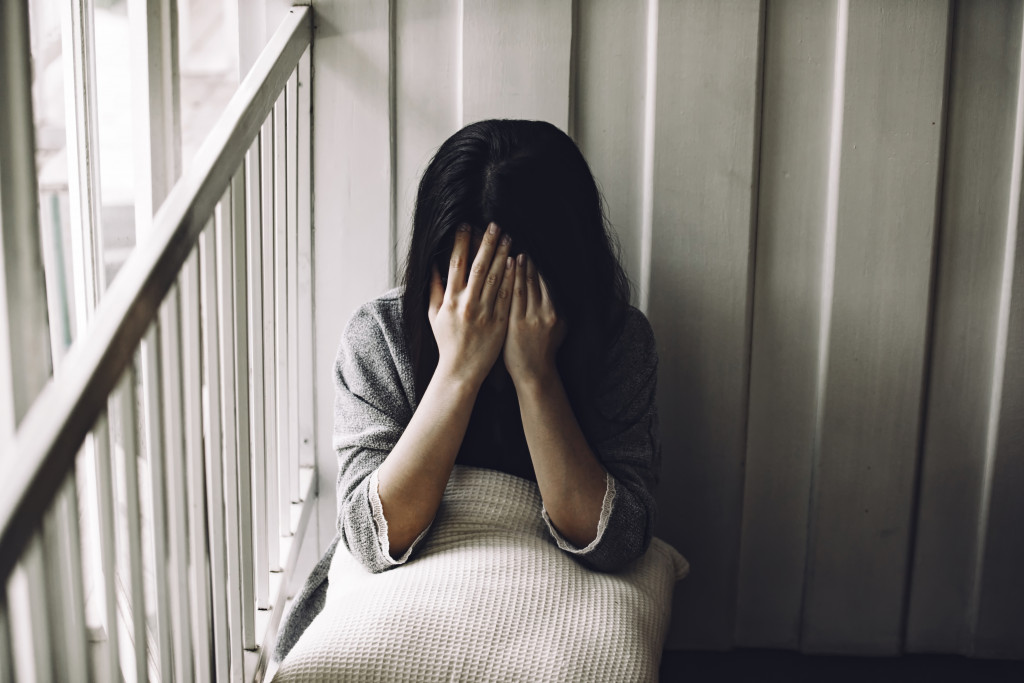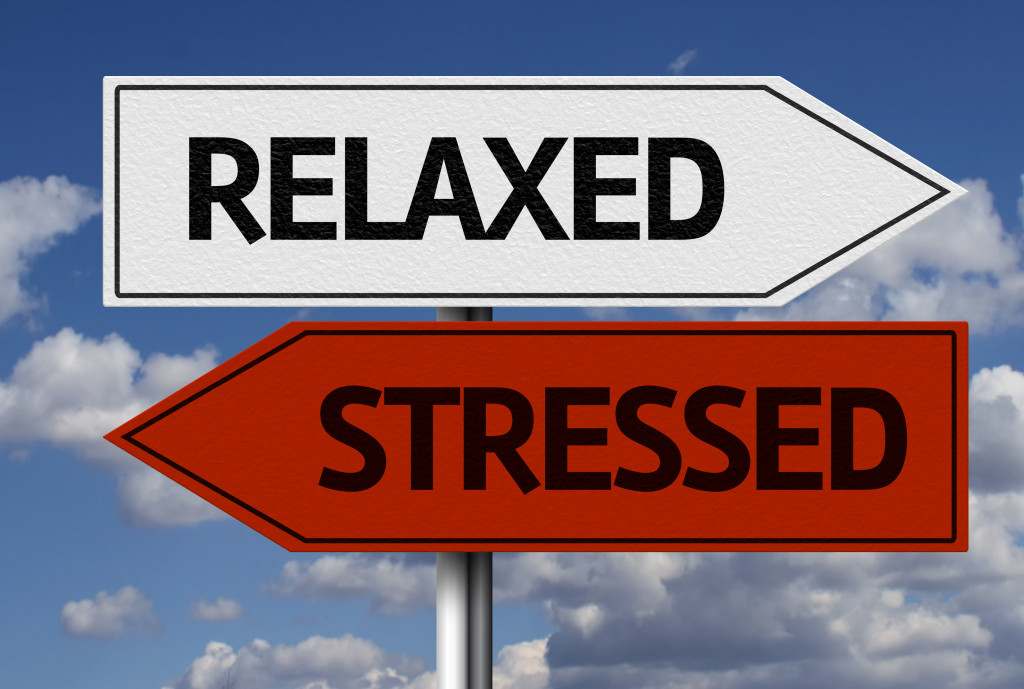The Stress in America January 2021 Stress Snapshot of the American Psychological Association (APA) states that in January this year, 84 percent of American adults feel emotions related to stress, and 80 percent identified the coronavirus pandemic as the cause of their stress. The most predominant feelings were anxiety, sadness, anger, being on edge, wanting to escape, fear, being unsafe, and not trusting anyone.
APA chief executive officer and executive vice president Arthur C. Evans considers the COVID-19 pandemic a “collective trauma” and warns of a coming “mental health pandemic” because of it. He adds that we must address this now because it will get worse.
It is worrying that 25 percent of American essential workers had a mental health disorder in the pandemic. They are the ones who are most needed in society, including health care workers, sanitation workers, food supply chain workers, public transport workers, firefighters, and police officers, among others.
Weight gain and increased liquor intake are some results of too much stress. These are also common among individuals with mental health issues.
Dangerous Alcohol Abuse
The APA Stress in America Report for February this year shows that 23 percent of American adults are drinking more alcohol than they usually do to cope with pandemic stress. Among parents whose children aged five to seven are in early elementary levels, 52 percent increased their intake during the pandemic.
A study by University of Arizona Health Sciences researchers from April to September 2020 shows that people under lockdown had increased hazardous consumption, increased likelihood of dependence, and increased severe alcohol use disorder. Those who were most at risk were younger adults, men, and people who lost their jobs.
In direct relation to the rise in this abuse during the pandemic, hospitals across the country also report a surge in admissions for various liver diseases. In hospitals connected to the University of Michigan, Northwestern University, Harvard University, and Mount Sinai Health System, such admissions rose to 50 percent since March last year. Among the diseases that can result from excessive intake are hepatitis, cirrhosis, and liver cancer. Having a liver disease makes a patient three times more likely to die of COVID-19 if infected.
Experts point to the conditions under the pandemic, such as unemployment, isolation, lack of daily structure, and boredom as triggers for alcoholism. It is not easy to stop severe abuse, and an alcoholic cannot do it alone. Alcohol recovery treatment will take a person out of danger.
Higher Risk from Unwanted Pounds
Weight gain from stress is also dangerous. The Centers for Disease Control and Prevention (CDC) states that overweight patients with COVID-19 are more likely to progress to serious illness. Obesity is one of the co-morbidities for the coronavirus.
There are other long-term health risks from unwanted weight gain. The National Institutes of Health (NIH) states that gaining more than 11 pounds puts one at higher risk of having coronary heart disease and Type II diabetes mellitus, while gaining more than 24 pounds puts one at higher risk of having an ischemic stroke.
People who are struggling with stress and mental health problems usually gain weight. The APA study shows that 42 percent of adults gained unwanted pounds during the pandemic, with an average gain of 29 pounds. Ten percent put on over 50 pounds.
Manage Stress and Behavior

If you or someone you know is experiencing increased liquor intake or is gaining too much unhealthy weight during the pandemic, it is important to address the problem immediately.
Since both are symptoms of extreme stress, you need to implement measures to ease and manage stress.
The CDC advises regular physical activity that is a combination of aerobic exercise and strength training. The minimum requirement is half an hour of moderate aerobic exercise Monday to Friday and two days of muscle-strengthening exercises two days a week.
To lose weight or maintain a healthy weight, you need to support your exercise regimen by not eating too much and choosing nutritious food. Schedule your mealtimes and avoid excessive snacking or choose low-calorie snacks.
If drinking is the problem, reach out to others for help. You can seek professional assistance or ask a family member or close friend to monitor your progress. If you help a friend, you can also seek professional support if you feel that it is needed.
Experts highlight the power of personal relationships with family and friends in coping with the widespread stress from the pandemic. Keeping those connections alive through calls and video chats will be healing to all concerned.
Individual and collective action will go a long way toward a nationwide recovery from the pandemic trauma.
